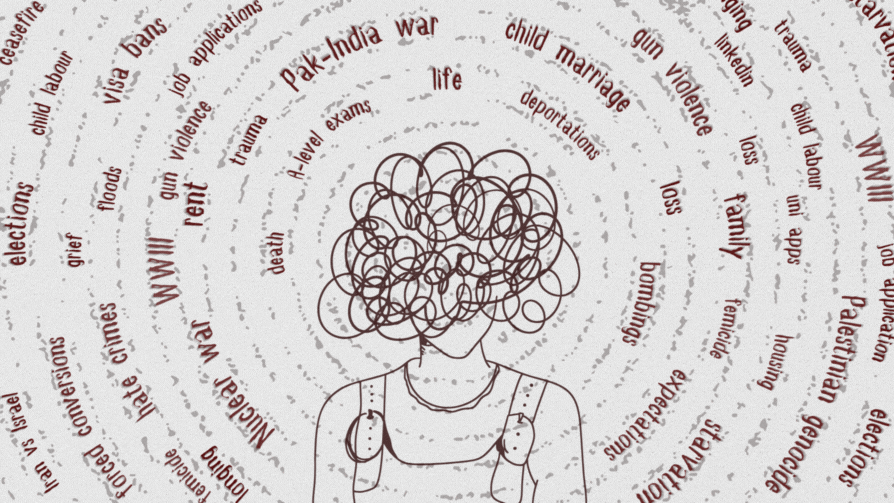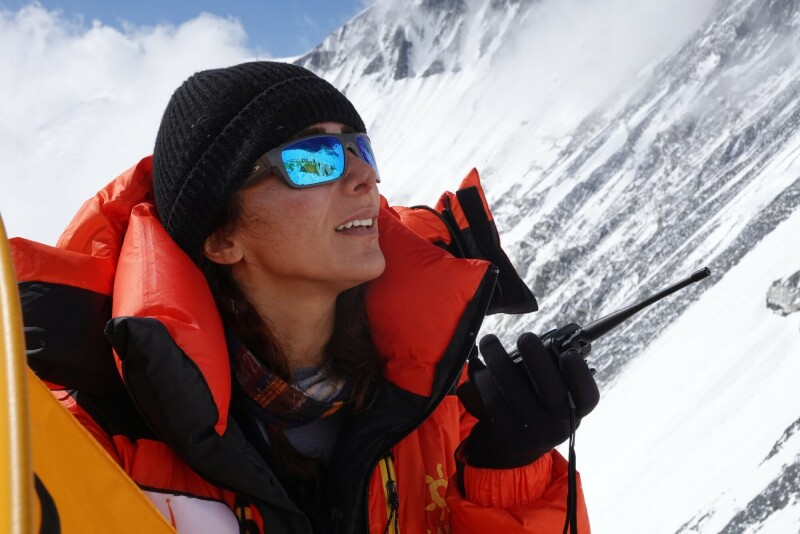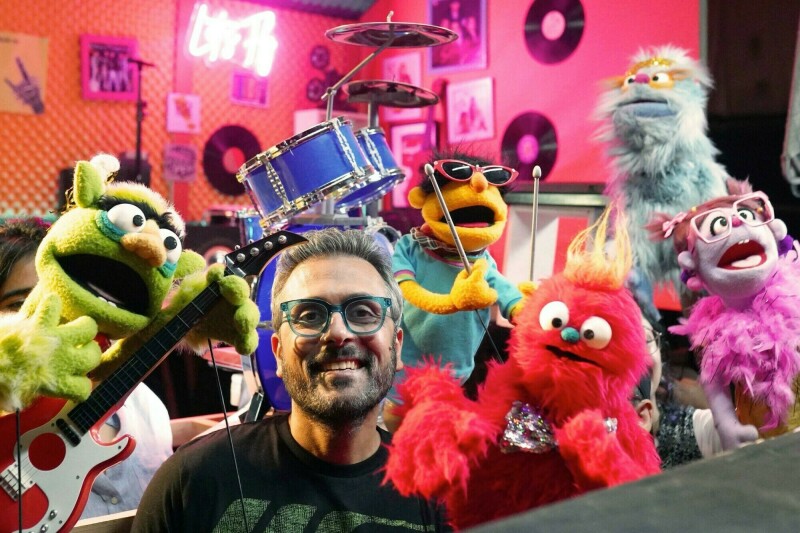The media must learn to report rape with empathy to prevent re-traumatisation of survivors
They say with great power comes great responsibility. This is especially true for journalists and media officials who not only have great power but a massive responsibility to ensure sensitivity while reporting on issues like rape and abuse and getting public attention. While they have the power to bring about a change in law by highlighting issues and cases like rape and bringing public attention towards it, they also have massive responsibility to make sure they don’t cause re-traumatisation.
This was the essence of the Women’s Conference on ‘Reporting with Empathy and Preventing Re-Traumatisation’ organised virtually by Uks Research, a research, resource and centre on women and the media.
Moderated brilliantly by Uks Director Tasneem Ahmar, the conference gathered human and women’s rights activists, reporters, journalists, psychologists and researchers to converse about how the media can report such cases with empathy to prevent more trauma.
Human rights activist Tahira Abdullah highlighted the need for gender sensitisation for people in the media and reporters but also for the police, lawyers, medico-legal staff and any officials who may be involved in dealing with such cases. While speaking about technical elements of the process, she also mentioned that FIRs must not have contact details of the survivor, which must remain confidential for privacy. “In the motorway rape case, we saw journalists from Gujranwala and other cities reach the in-laws of the rape survivor just for a news byte that would get them ratings.”
This is inhumane on so many levels and shows the space for training and development in the media. Abdullah also highlighted that the media often uses other words to report rape. “Rape is rape and unfortunately, the Urdu language does not have a word for it so journalists reporting for Urdu mediums must also use the word rape. It is not abuse, it is not sexual violence, zyaadti or jabbar.”
She also stressed the need to get men involved in this conversation and questioned why conferences or shows that discuss rape crimes only have women in attendance. “Why are women the only ones writing on rape? We need to encourage men to become part of the conversation because they are not our enemies; they are our partners and should be considered as partners too.”
The conference also led the discussion to how in some ways the motorway rape case was also a case study for the media to learn from. In this case, the name and photographs of the rape survivor were not made public when in the past we have seen morning show hosts bring on parents of survivors and asking them insensitive questions just for ratings. “This has to do with class. Unfortunately, privacy and respect are only given to cases that belong to the affluent class,” noted a participant.

Broadcast journalist and filmmaker Munizae Jahangir added to that by highlighting the fact that the same week another rape incident happened where a woman was raped in front of her entire family but that did not receive any media attention. “Many questions were raised about why that was the case and if the reason behind it not getting attention was because she was from a low-income bracket or a smaller town.”
Jahangir mentioned that her team looked at the way the motorway rape case was handled very clinically, keeping in view what happened, how the police reacted and what the details of that incident were but what was interesting was that the victim was not accessible. “There were many reporters who claimed they spoke to her but when I finally spoke to her, she said I have not spoken to anyone or given any interviews. It was very confusing to report that specific case because she had become very high profile and rumours about her life were being speculated in the media.”
According to Jahangir, not having access to the victim can also create challenges in reporting and the story can go either way. When asked if dealing with empathy was discussed in her shows, she said they spoke about trainings, access to justice, need for DNA facilities, lady police officers and enforcement and implementation of law.
Another unique narrative discussed during the conference was that amidst the national outrage of the motorway gang rape case, the children subjected to watching their mother being raped were forgotten.
Psychologist Zehra Kamal Alam spoke about the different approaches to understanding trauma. “Post-traumatic stress disorder (PTSD) is not the only approach and the conversation has now evolved into taking into account people’s past experiences while dealing with trauma. When it comes to talking about what the media can do to help deal with trauma, they can highlight some common signs and symptoms, like sleeplessness, feeling sad, angry or scared, losing appetite, not wanting to meet people etc, which are normal after being subjected to trauma," she said.
"This makes people subjected to trauma feel comfortable with their feelings and realise that these sentiments are normal and it’s okay to feel like this for now but it will get better with help and healing.”
She also mentioned that like all individuals, children deal with trauma in different ways too. “Some children will talk a lot after a traumatic incident, while others will go completely silent. People around these children need to know what to watch out for after a certain period of time [if] things do not get back to normal.”
Alam went on to comment that she doesn’t want to propose something that is not practical. “Pakistan has a huge mental health treatment gap but with some knowledge and understanding of the warning signs, lay people can also support and then seek out a professional if the situation persists.”
With many interesting revelations and viewpoints, the conference was a great start to changing narratives and the way hideous crimes like rape are reported. Responsible journalism is needed and conversations like these can indeed encourage responsible reporting.













Comments